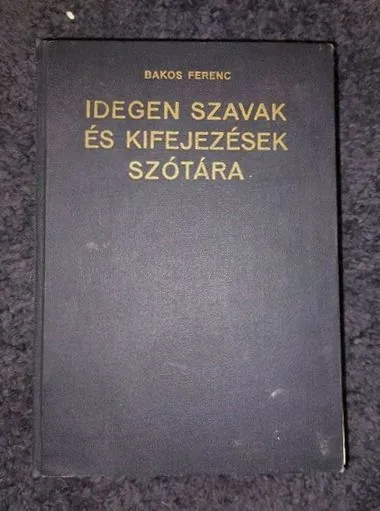In what county do meters still look like that though? I see them here in the US, but back in my metric home country they certainly don’t look like iron age torture devices anymore.
In most cases, the American spelling of English words compared to the rest-of-the-world spelling is pretty much a wash. A matter of personal preference.
But “metre” is a hill I will die on. “Metre” and “meter” mean different things, and by spelling them both “meter”, as the Americans do, you’re just making communication worse.
Here’s my hill to die on: If two words are pronounced the same way, thay should be spelled the same was. That whole -re/-er and -le/-el this is needlessly confusing
The thing is, while “meter” and “metre” are pronounced the same, when you use them in compound words they’re not. Thermometer or odometer are pronounced with stress on the second syllable (the syllable immediately prior to “meter”), but kilometre and centimetre are pronounced with the stress on the third syllable (“MEtre”).
Kilometer has the same stressed syllable as odometer in American English.
Easier just to distinguish pronunciation as -ometer vs -meter.
Easier just to distinguish pronunciation as -ometer vs -meter.
But kilometre and thermometer both have ometer
Right, and in most American dialects they are pronounced the same. Whereas Centimeter is pronounced differently and does not have an “ometer”
Yes, and they’re pronounced the same in the US.
Also gas which can either be petrol or natural gas.
Can also be a state of matter.
Or a digestion issue
Or a great time
In America “gas” is short for gasoline, which is petrol.
It’s still shit because our lazy asses do still call both types “gas”, but there is a distinction.
Gasoline is just a brand name isn’t it?
Originally, yes. So were aspirin, heroin, kerosene, hovercraft, linoleum, and a bunch of other common words.
If there’s anything learning another language has taught me, it’s that most languages (including subsets) are full of seemingly inane rules.
At least Americans have a great excuse: Freedom to do whatever we want.
Here is an alternative Piped link(s): https://piped.video/UnX_2ayy3Dc
Piped is a privacy-respecting open-source alternative frontend to YouTube.
I’m open-source, check me out at GitHub.
Ah, thank you! Good bot. For the record, I use ReVanced, so I never see ads on YouTube. I highly recommend this to everyone on Android (sorry, iOS, no easy solution for you due to Apple’s walled garden), but it is a really good idea to put a piped link in there as well.
Yeah ReVanced is so critical for me, because unlike most of the other alternatives it lets me hook into my YouTube account and do things like add videos to my Watch Later playlist and interact with the comments.
If you spread your arms, the distance between your hands is roughly equivalent to your body height.
Not always, it’s called the ape index and varies between each person. https://en.wikipedia.org/wiki/Ape_index
And you can make a good albatross impression!
Is it because its a parkmeter?🫣
Oh my gosh thank you I’ve been so confused. Never seen such a thing irl
My feet are certainly not a feet long. More like 25 cm or so. But as another commenter already said, I can measure ~175 cm using my arm’s reach easily, matchboxes are standardised as 5 cm long, the width of my palm is about 8 cm, distance from my fingertips to my elbow is around 50 cm and the distance from ground to approx. my navel is 1 meter.
Plenty of ways to get an approximate metric measurements without a ruler or measuring tape.
And it’s much easier to convert from cm or mm to m (or vice versa) than to convert between ft and inch or ft and 1/8 of an inch or whatever weird measuring standards the US-ians use.
It’s really easy to learn the size of your body. My span is around than 20 cm. 5 of them is 1 meter. the width of my pinky is 1 cm. You can learn how to step 1m distance, for me it’s a bit longer than a normal step. I can measure with my body between 1cm and several meters. So it’s really easy to overcome this small limitation of the metric system.
It’s as easy as getting comfortable with the usual measures of your body. I also know how much is a kilogram because I can lift a big water bottle which also is a liter. Really, the way all of the units are built more or less around water can give you a pretty accurate instinct.








